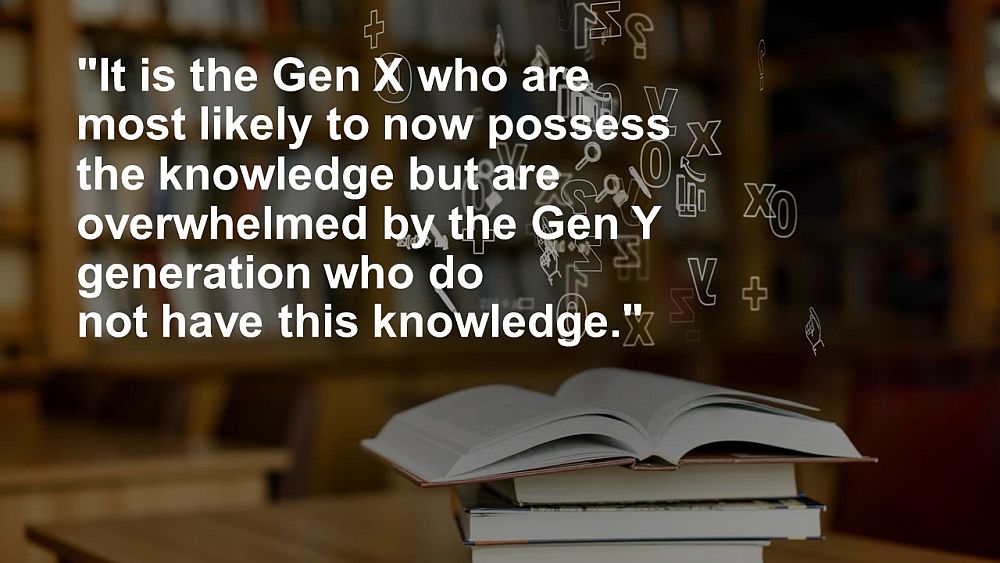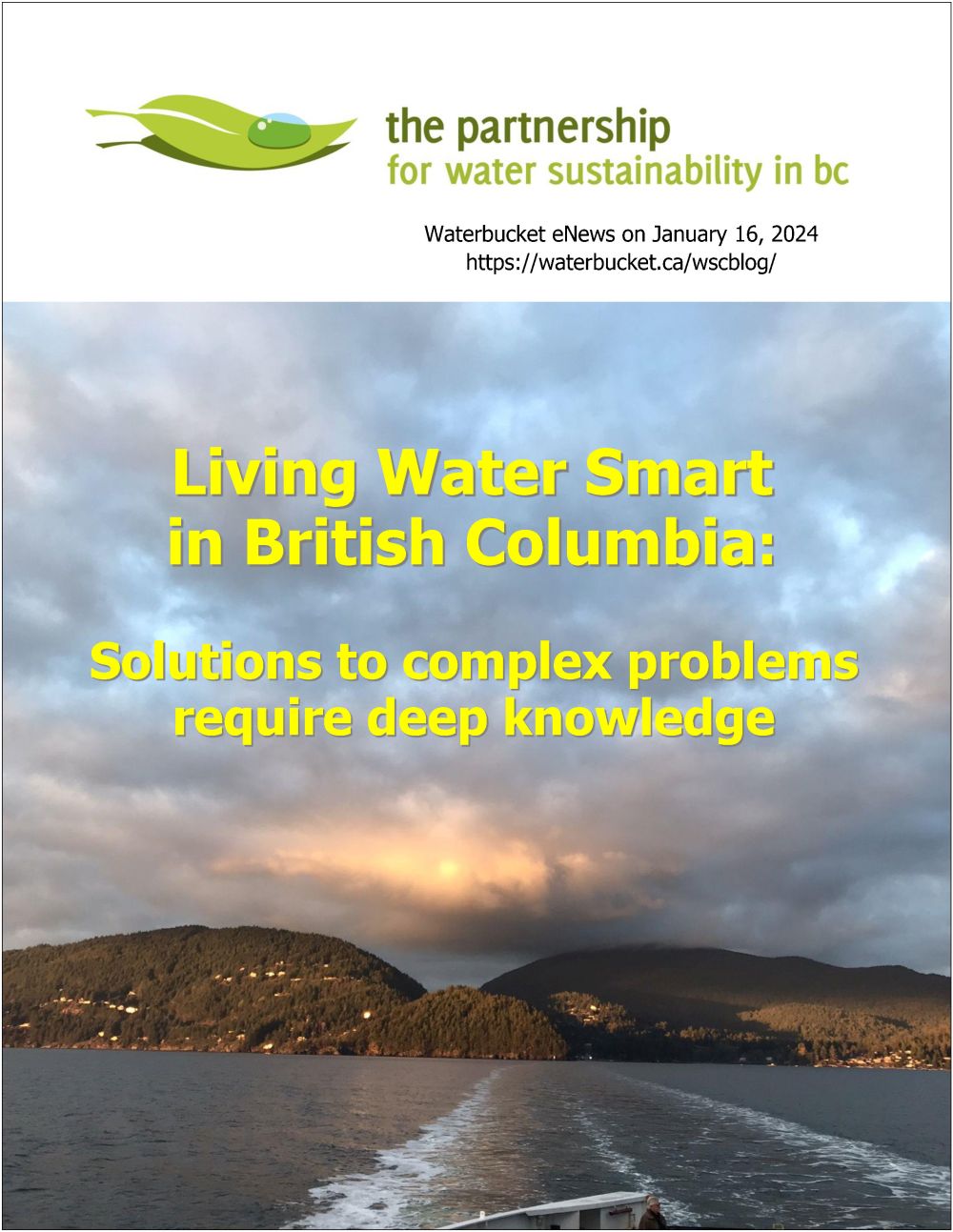SOLUTIONS TO COMPLEX PROBLEMS REQUIRE DEEP KNOWLEDGE: “It is mentoring and actively passing on knowledge that allows complex problems to be solved. It will take time. But with a long-term strategy, you will get there,” stated Robert Hicks, a career engineer-planner in local government in the Metro Vancouver region
Note to Reader:
Published by the Partnership for Water Sustainability in British Columbia, Waterbucket eNews celebrates the leadership of individuals and organizations who are guided by the Living Water Smart vision. The edition published on January 16, 2024 kicked off the 2024 season of “stories behind the stories” of those who are leading changes in thinking and implementing in BC. Looking ahead, the unifying theme for featured success stories in 2024 is, ask the right questions and LEARN to look back to see ahead.
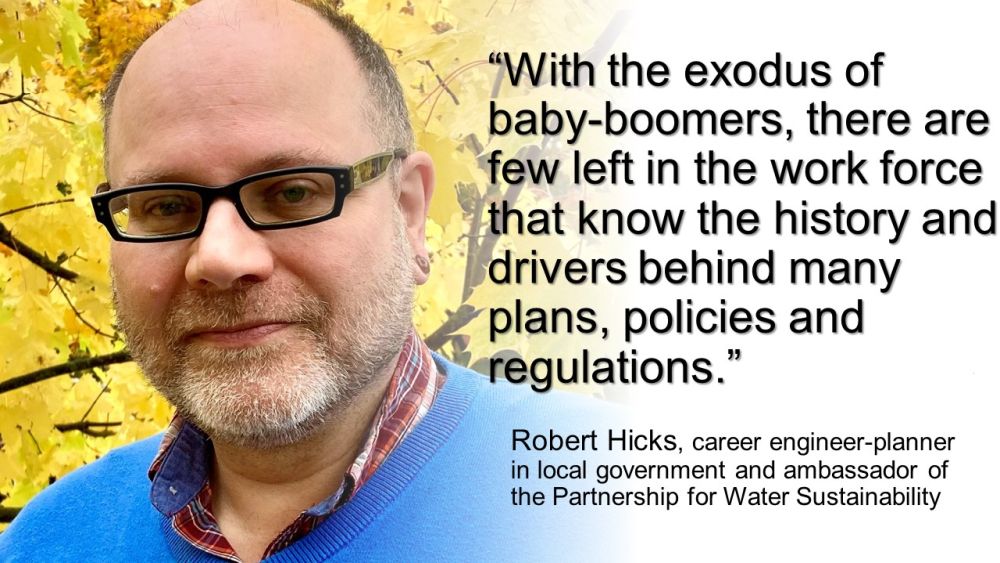
Context and perspective for the 4-year term for local governments
“Exactly one year ago, we kicked off the 2023 season by welcoming newly elected municipal councillors and regional district directors. With a year of experience under their belts, they should now be increasingly effective in tackling the issues,” stated Kim Stephens, Waterbucket eNews Editor and Partnership Executive Director.

2024 is their “year for decisions” in their 4-term of office
“With what they learned in Year One, will local councils and regional boards throughout British Columbia rise to the moment in Year Two?”
“Will they adopt realistic and achievable plans that lead to affordable and climate-ready housing?”
“Will they grasp the full implications of why the decisions they make today ripple through time, for better or worse?”
“With those questions in mind, this season opener provides context and perspective for the issue of organizational and intergenerational amnesia caused by the breakdown in knowledge transfer. The ramifications of amnesia are cause for concern in an era when systems of all kinds are being subjected to repeated shocks that test their resiliency.”
“Robert Hicks is one of those rare individuals who is able to look back, understand the past and learn from it, and then project far ahead to assess policy implications. One of his strengths as an original thinker is his skill at providing historical context and perspective for ‘the big picture’ of today,” concluded Kim Stephens.
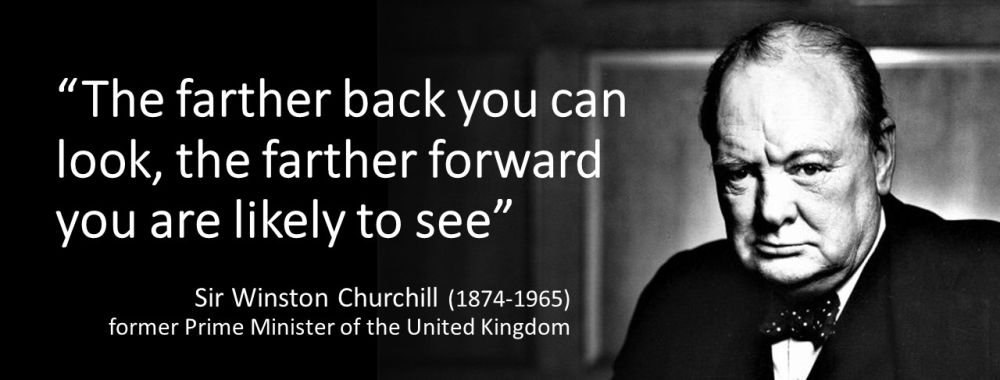
STORY BEHIND THE STORY: Solutions to complex problems require deep knowledge – musings by Robert Hicks
“An underlying issue for local government is knowledge-transfer,” Robert Hicks mused. “The baby boomers have more or less retired and now you are left with Gen X. But many Boomers continued in senior positions late into their careers, interrupting the chain of succession and knowledge transfer.”
“What we are really saying is that, in the work force, a huge amount of experience has just gone out the door and very quickly. It is unbelievable. And the few people remaining with experience are not necessarily in a position where they can use that experience effectively.”
“And those coming in, the Gen Y or even the millennials, may not have access to past experience. Is there someone to show them how the pieces fit together? Or since they do not own the past, maybe they just feel they can do better with a fresh start? Do they care?”
The elephant in the room is organizational and intergenerational amnesia
“An underlying issue for local government is knowledge-transfer,” Robert Hicks mused. “The baby boomers have more or less retired and now you are left with Gen X. But many Boomers continued in senior positions late into their careers, interrupting the chain of succession and knowledge transfer.”
“What we are really saying is that, in the work force, a huge amount of experience has just gone out the door and very quickly. It is unbelievable. And the few people remaining with experience are not necessarily in a position where they can use that experience effectively.”
“And those coming in, the Gen Y or even the millennials, may not have access to past experience. Is there someone to show them how the pieces fit together? Or since they do not own the past, maybe they just feel they can do better with a fresh start? Do they care?”
Lack of exposure to foundational research
“To illustrate my observation with a personally relevant example, the 2000s stand out as a transformational and consequential period for rainwater management and green infrastructure in the Metro Vancouver region. But I also recognize that changes in policies, procedures or design approaches in the 2000s were the culmination of foundational research in the 1990s.”
“Fast forward to the present. In general, what I am gleaning is that most post-2000 engineering graduates with an interest in green infrastructure would not have been exposed to that foundational research. Without that deep knowledge, would they understand what the real objectives are or why we are pursuing these solutions?”
Superficial understanding has unintended consequences
“It is not just green infrastructure. I am seeing other examples in local government that illustrate losing track of the purpose and not knowing what is realistic. This goes back to BIG PICTURE THINKING. If you just look at things in isolation, you might say it is no big deal. But when you look at things in context, it becomes a big deal because the question is, now how do you fit all of the pieces together?”
“In today’s world, we must increasingly consider solutions in a whole-system context. That means you need broader perspectives. But at the same time, you need the depth behind it.”

The honeymoon is over
“Local governments are dealing with complex problems needing complex solutions. Superficial understandings do not get you to the solutions for complex problems. To get to that complexity, you have to know the background, you have to know the history, you must have DEEP KNOWLEDGE.”
“We are a stage where we have stretched systems to the point where we no longer have those big margins or safety factors that we had in the past. We are bumping up against an infrastructure shortage. The honeymoon is over. We have hit the wall with our existing infrastructure investments. Systems are maxed out to the breaking point.”
The solution is to actively work to transfer knowledge through mentoring
“The notion of a superficial understanding explains the challenge that I am seeing. There are post-2000 graduate engineers coming out of university who are familiar with green infrastructure ideas and concepts, but they do not know the details behind them: details that they did not have to know at university or in their previous jobs.”
“Sure, they understand rainwater management ideas and concepts at a high level. But without the background and history, can they really appreciate the complexity of interactions in a whole-systems approach and why certain targets and approaches were selected while others were not?”
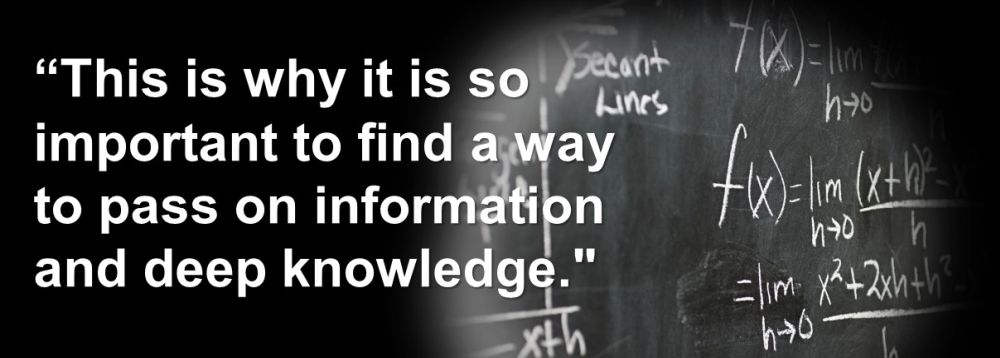
“With the exodus of baby-boomers, there are few left in the work force that know the history and drivers behind many plans, policies and regulations.”
“Mentoring is necessary to pass on foundational knowledge and information. You do not necessarily have to be active in the workforce to be a mentor. But local governments must work at actively transferring that DEEP KNOWLEDGE,” concluded Robert Hicks.

TO LEARN MORE:
To read the complete story, download a copy of Living Water Smart in British Columbia: Solutions to complex problems require deep knowledge.
DOWNLOAD: https://waterbucket.ca/wcp/wp-content/uploads/sites/6/2024/01/PWSBC_Living-Water-Smart_reflections-on-knowledge-transfer_2024.pdf


